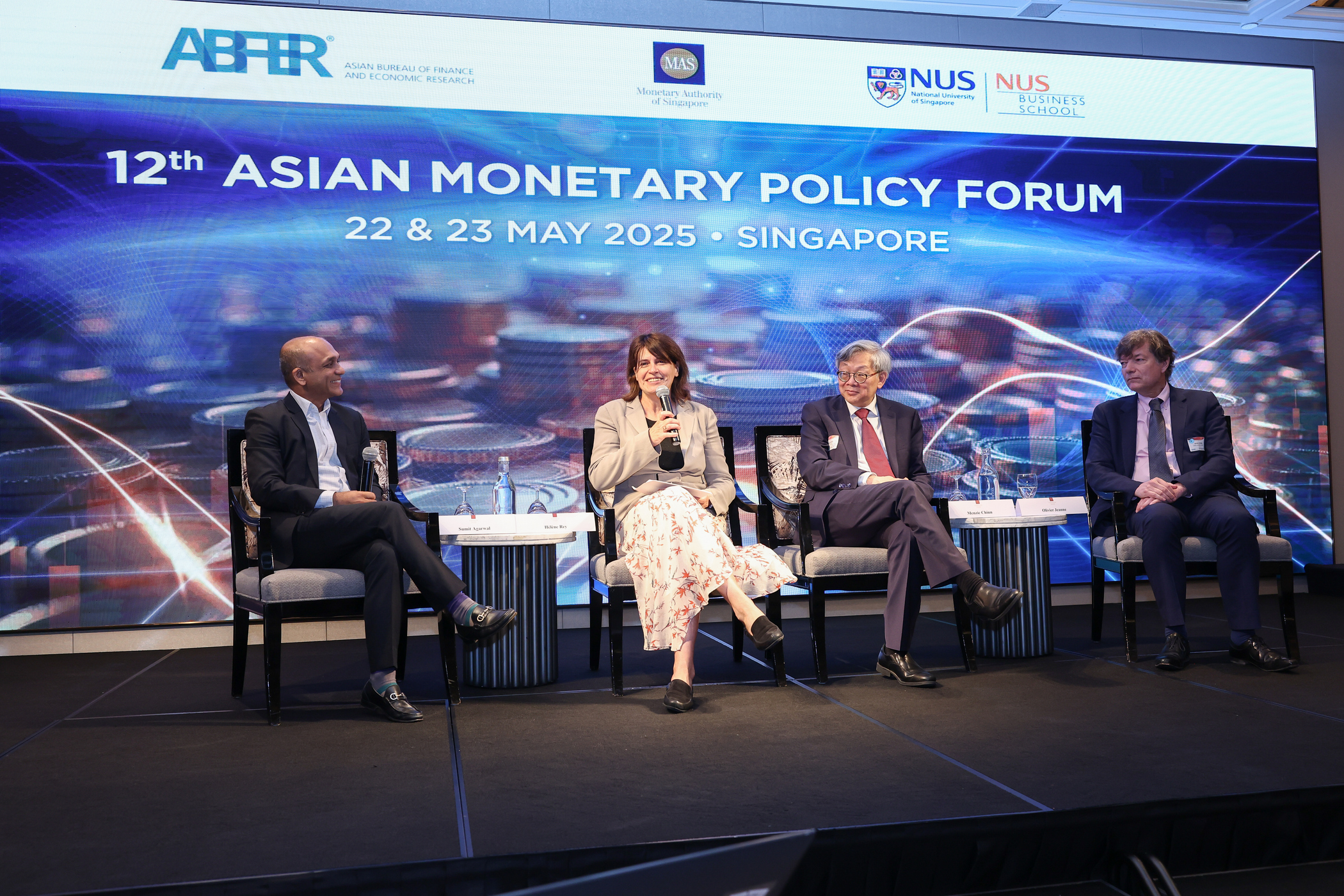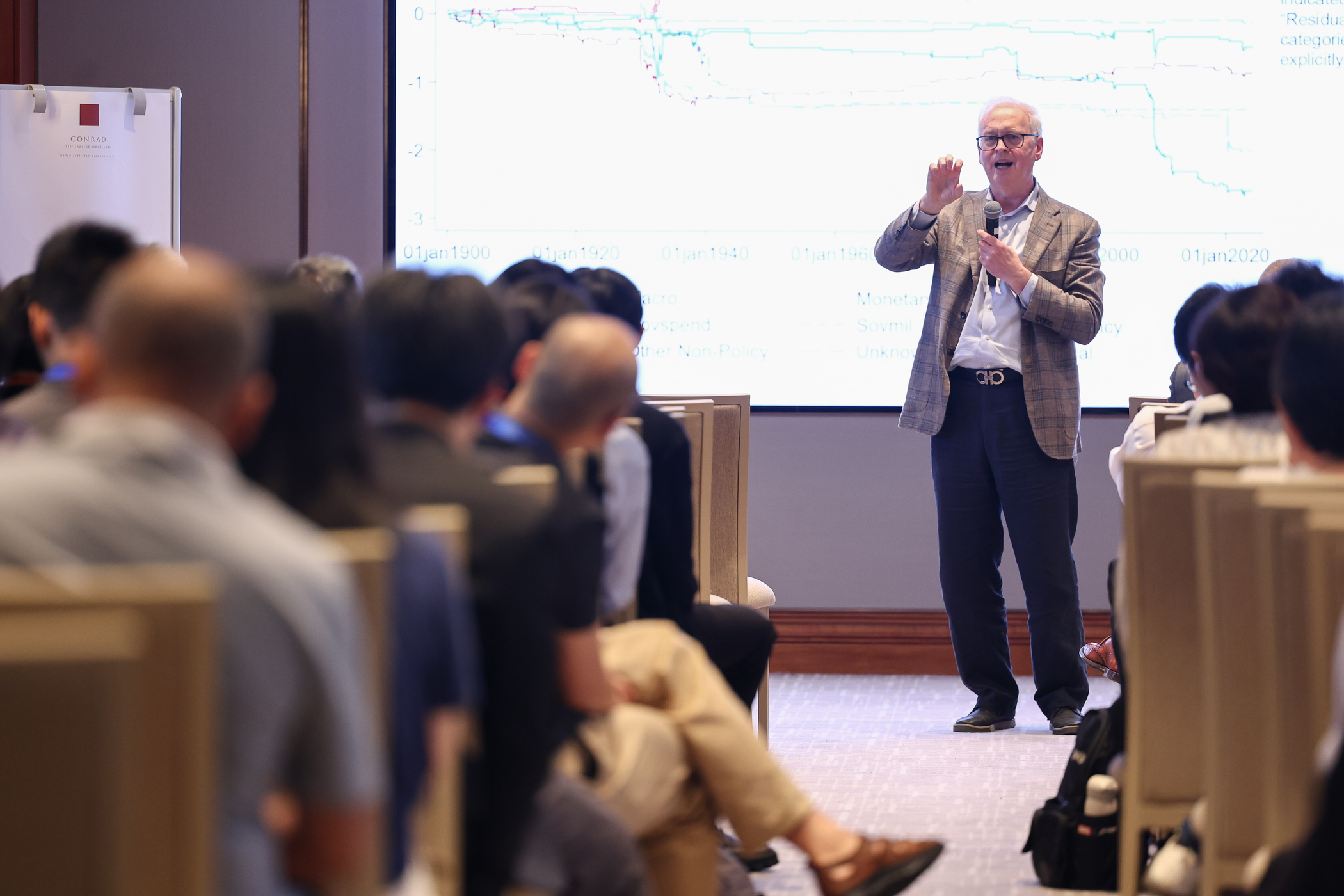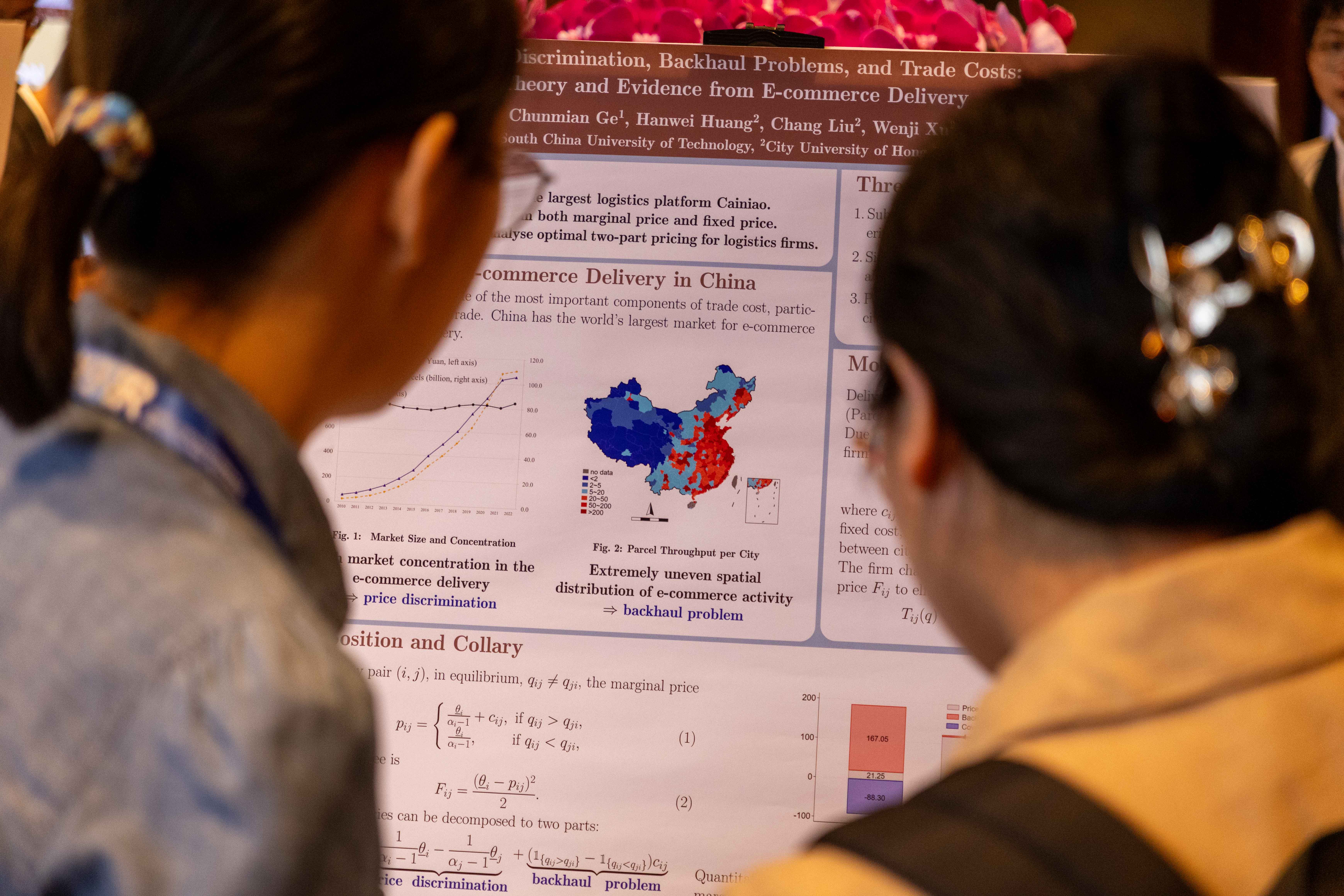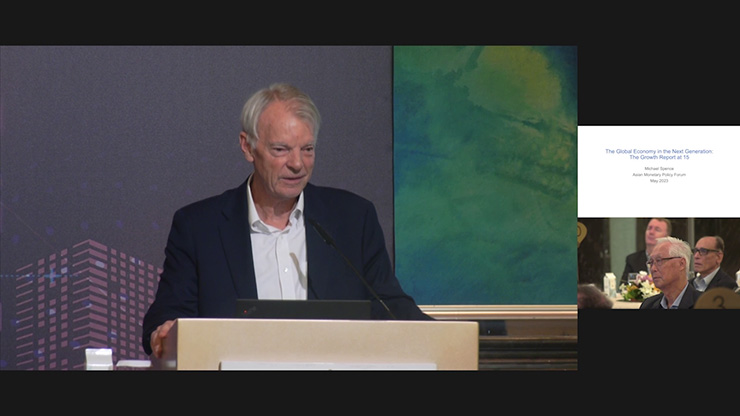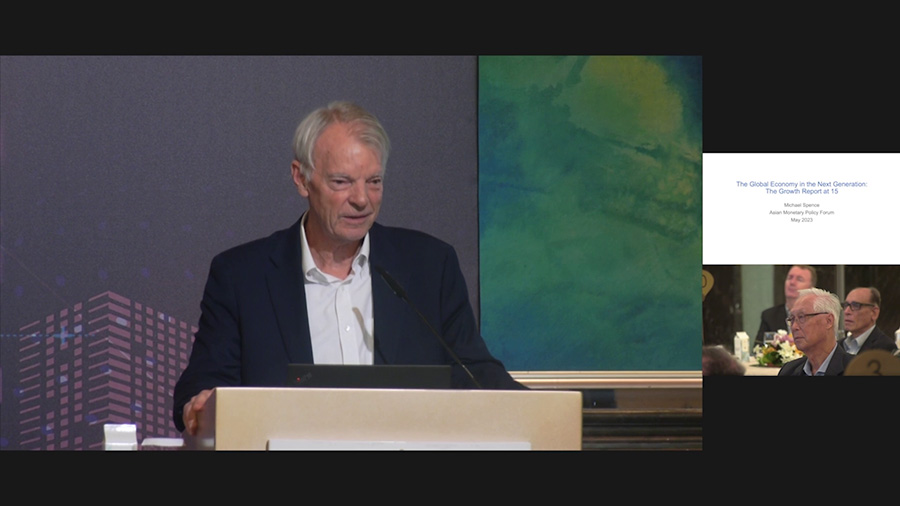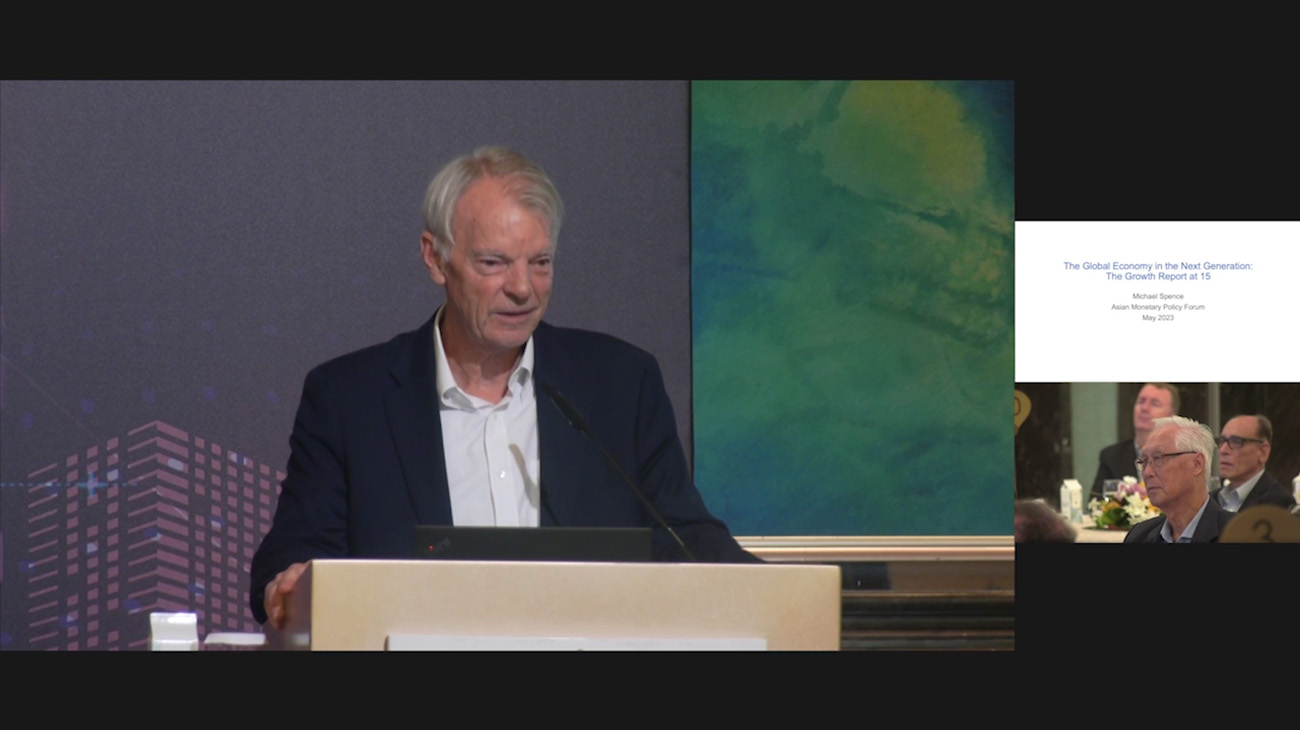The use of massive amounts of data by large technology firms (big techs) to assess firms’ creditworthiness could reduce the need for collateral in solving asymmetric information problems in credit markets. Using a unique dataset of more than two million Chinese firms that received credit from both an important big tech firm (Ant Group) and traditional commercial banks, this paper investigates how different forms of credit correlate with local economic activity, house prices and firm characteristics. The authors find that big tech credit does not correlate with local business conditions and house prices when controlling for demand factors, but reacts strongly to changes in firm characteristics, such as transaction volumes and network scores used to calculate firm credit ratings. By contrast, both secured and unsecured bank credit react significantly to local house prices, which incorporate useful information on the environment in which clients operate and on their creditworthiness. This evidence implies that a greater use of big tech credit – granted on the basis of machine learning and big data – could reduce the importance of collateral in credit markets and potentially weaken the financial accelerator mechanism.
Session Chair: Jun PAN
Professor of Finance, Shanghai Advanced Institute of Finance (SAIF), Shanghai Jiao Tong University and Senior Fellow, ABFER
Updated 20 Sep 2021
Speakers
Session Format
Each session lasts for 1 hour 10 minutes (25 minutes for the author, 25 minutes for the discussant and 20 minutes for participants' Q&A). Sessions will be recorded and posted on ABFER's web, except in cases where speakers or discussants request us not to.
Registration
Registration has closed. Please visit the webinar main page for details on the next webinar.


